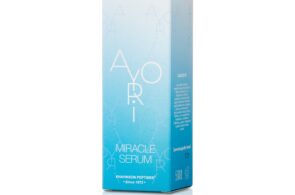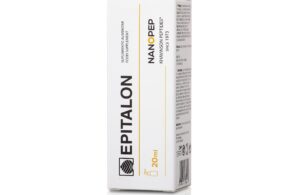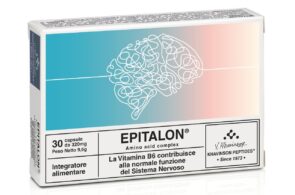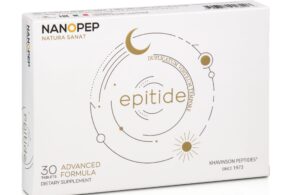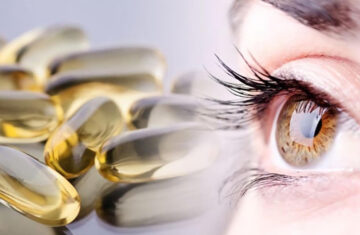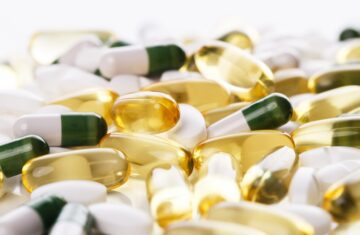The biological role of peptides in the human body – what are these substances?
- What Are Peptides?
- Basic types of peptides
- The biological role of peptide bioregulators
- Peptides are in every cell and tissue in the body
From sustaining a youthful look to enhancing cognitive function, fighting off diseases and healing fast after suffering an injury, peptides play a very important role in the body. If you fall sick too often, experience unnecessary fatigue, feel dizzy, or lack the appetite to eat, your body may be telling you that it is time to boost your body-peptide levels. If that is the case, then you need to take healthy eating seriously or take peptide-based products or supplements to re-seize control of your health.
But before then, you need to know what peptides are, understand their biological roles, and how to replenish your body with them.
Let’s dive in.
What Are Peptides?
Peptides are short chains of amino acids linked together by peptide bonds. On a macro level, they are seen as the body’s building blocks because they facilitate the building and smooth running of proteins, neurotransmitters, and hormones. Like proteins, peptides occur in the body naturally and go on from there to help perform several bodily functions.
However, sometimes they get depleted due to poor eating lifestyle or as a result of the pancreas producing low insulin. Low-peptide levels affect the workings of the body and often make us fall sick, feel dizzy, and unproductive.
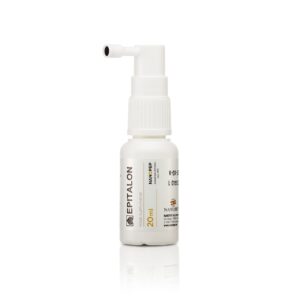
Peptides are interesting, but the therapeutic and beauty industries are more interested in their smaller forms called short peptides. While peptides are biomolecular chains that consist of about 20 amino acids, short peptides typically contain between 2–4 amino acids. This means that they are relatively smaller and lighter than their longer-chain counterparts, including proteins (which consist of several chains of peptides).
Their small size and light weight make them stand out and stay relevant to the pharmaceutical industry. It allows them to penetrate the skin faster and more efficiently to stimulate collagen when applied topically (as cosmetics). And when administered orally (as tabs, capsules, injectables, etc.,) they filter into the bloodstream smoothly through the intestinal walls while posing a minimal risk of side effects.
Basic types of peptides
Several peptide types exist and they are typically categorised in 3 different ways. These includes:
- their function or activity in the body;
- their source — are they from plants or animals?;
- the number of amino acids that make up their chains.
If we go by the number of amino acids the biomolecular chains contain, peptides can be divided into 2 categories. They are oligopeptides and polypeptides. The former contains a relatively small number of amino acids — 2 to 20 to be factual. Polypeptides, on the other hand, typically contain between 20 and 50 amino acids. Dipeptides, tripeptides, and tetrapeptides are some types of oligopeptides. Their biomolecular chains consist of 2, 3, and 4 amino acids, respectively.
Different peptides perform different functions in the body. Thus, the achievable medical or cosmetic benefits may vary based on the type of peptide infused in the product you use. For example, epithalamin is the name of a common peptide with strong anti-ageing effects. Apply the AYORI ® Skincare Miracle Serum which contains peptides as its active ingredient and it will smoothen your skin within weeks, cleary wrinkles within months, and leave you looking youthful over time.
Short peptides are bioactive. They play an essential role in several biological activities and are capable of maintaining health. These include the termination of microbes, regulation of blood pressure, and boosting the immune system. It is advisable to confirm that the peptide infused in any supplement you intend to take performs the specific benefit you need it for.
How long does it take for peptides to work?
The time it takes peptides to work in the body when administered orally may vary based on certain factors such as:
- the type of food the user eats before or after taking the supplement;
- the user’s biological make-up;
- the form of the drug or supplement the user takes (sublingual, pills, IV).
Certain types of food can alter a drug’s onset of effects slightly. Fatty meals are a good example; because they affect the rate of absorption, they can lengthen the time it takes for the drugs to filter into the bloodstream. Delayed delivery of the drug into the bloodstream translates to delayed onset of effects.
Different people respond differently to drugs because of the differences in their biological makeup. Factors such as body weight, age, genetics, gender, underlying medical condition, and the type of drug they take alongside a peptide-infused supplement may also influence how long it takes it to work.
Different drug or supplement forms influence how long it takes for peptides to work. This is because drugs take effect when they get into the bloodstream, and different drug forms move into the bloodstream at varying rates.
Short-peptide-based products administered orally (tablet form) typically take a longer time to reach the bloodstream. This is because they get absorbed through the intestinal or stomach walls, and it takes quite some time to get there — about 10 minutes. Once the drug starts sipping into the bloodstream, it takes about 1-2 hours to reach peak concentrations.
IV-type peptide-infused products work the fastest; their effects typically kick in within a few minutes and can sometimes work within a few seconds as they are injected directly into the bloodstream. However, they are not easy to use and can be dangerous if overdosed.
Peptide-infused dietary supplements such as Epitalon spray available in the sublingual form typically take a shorter period to work. They act faster than products swallowed whole as tablets but slower than those administered intravenously. However, they remain one of the best options because they are not only fast-acting but safe and easy to use.
In a nutshell, an average user may start feeling the effects of a peptide-infused drug or supplement anytime from 10–20 minutes to a few weeks. In certain cases, it may take a user 3-6 months to achieve the full effects of the product. The time is mostly determined by the form of the product used.
The biological role of peptide bioregulators
Peptides have a wide range of uses, and their benefits are countless but on a fundamental level, they serve as structural components of hormones, cells and tissues, and enzymes. They are the building block of proteins and contribute to the smooth running of the body system.
On a higher level, peptides play other vital roles. Some of them include:
- Boosting the immune system;
- Restoration and protection of the liver;
- Inhibition of organ rejection post-transplant.
Peptides also have anti-ageing effects. They help reduce wrinkles and fine lines by causing the facial muscles to relax. These biomolecules play several other important roles and this is why they must be replenished when depleted. Synthesised peptides infused in drugs, dietary supplements, and cosmetics are similar to those that occur naturally in the body and they play the same roles.
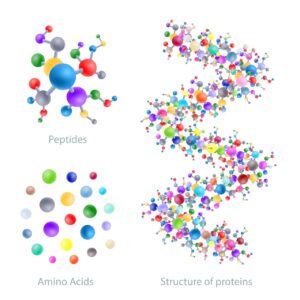
The interesting thing about using them to improve health or treat some health conditions is that they have a remarkably high safety profile compared to conventional drugs. They perform their functions while posing minimal risk of adverse effects.
Peptides are in every cell and tissue in the body
Earlier we mentioned that peptides influence and help to run many bodily functions and that they are necessary to achieve homeostasis and maintain overall health. But what we failed to mention is that they are found in every cell and tissue in the body. This is how they can perform all the essential functions that they partake in.
Research has shown that there are over 7,000 different types of peptides in the body, with 2,000 naturally occurring anti-microbial variants. While that amount should be enough to keep diseases at bay and sustain youthfulness, stress (resulting from our demanding lifestyle) and some other factors affect its availability. This is why it is important to find safe and healthy ways to replenish its stores.
Improving your lifestyle habits such as eating healthy and getting quality sleep are great ways to achieve that, but using peptide-infused dietary supplements is one of the easiest ways. A wide range of peptides is available in supplement form, all with different health benefits. If you decide to use any of these products, be sure to get them only from trustworthy sources.







